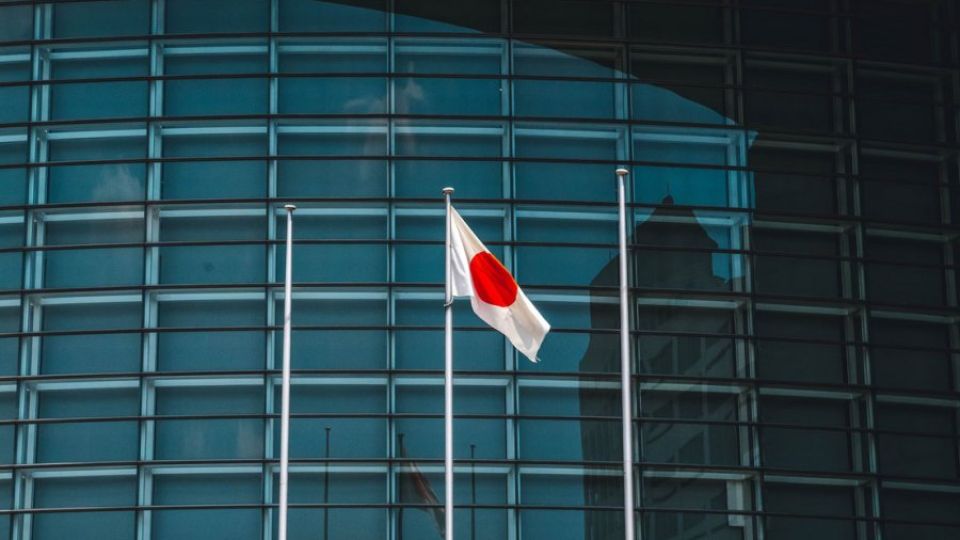March 7, 2024
TOKYO – The Liberal Democratic Party and coalition partner Komeito will likely reach consensus this month on allowing exports to third countries of the next-generation fighter jet being jointly developed by Japan, the United Kingdom and Italy, according to government and ruling party officials. Any approval would be on condition that fighter exports not fuel conflicts.
The agreement would be a major step toward securing high-performance fighter aircraft, which the government has been seeking to cope with the current severe security environment.
“To ensure the security of Japan as an island nation, it is important to have superior air-to-air capabilities that can intercept attacks from as far away as possible,” Prime Minister Fumio Kishida said at a meeting of the Budget Committee of the House of Councillors on Tuesday.
To intercept enemies at sea and in the distance as part of Japan’s defense-only policy, Tokyo wants its next-generation fighter to have superior sensors and cruise performance, as well as stealth technology that makes it difficult to detect by radar.
Kishida noted that the United Kingdom and Italy are asking Japan to reduce procurement costs through exports of the jet to third countries. “Not having a mechanism for third-country exports means that Japan is not making efforts to reduce prices, which will make it difficult to realize this fighter that the country is seeking,” he added.
He also said that if third-country exports are not allowed, “Japan will be perceived as an unsuitable partner for international joint development and production.”
He expressed concern that Japan would not be able to participate in future development projects with the United States and other countries. “It would be difficult to acquire and maintain equipment with the performance Japan is seeking, which would hinder the country’s defense,” he said.
Komeito had been cautious about third-country exports, but party leader Natsuo Yamaguchi and other Komeito executives commended Kishida’s explanation of the need for such exports. The party eventually leaned toward greenlighting exports to third countries on condition that there be restrictions.
The government and LDP hope to win Komeito’s support by approving exports to third countries only for the next-generation fighter and proscribing shipments to countries involved in conflict. The LDP and Komeito will soon hold a meeting of policy research council chiefs to work out the details, including the export controls that third countries will have to enforce.
On Tuesday, Kishida also said he intended to continue discussions on reviewing the five categories of defense equipment currently allowed to be exported under the implementation guidelines for the Three Principles on Transfer of Defense Equipment and Technology. There is a gap between the LDP and Komeito on this issue, with the LDP calling for the elimination of the five categories and Komeito only calling for revisions.

